Intel and Google recently partnered up for an event in San Francisco that could safely be referred to as a Chrome-splosion of sorts.
See, Intel understands that Chromebooks – Google’s low-cost, browser-based laptops – are here to stay. Problem is, some of the recent crop of Chromebooks have been using non-Intel processors.
In an effort to get the pendulum to swing back in Intel’s direction, the processor giant is upping its Chromebook lineup from a paltry four models in late 2013 to a whopping 20 to be trotted out over the course of this year.
You’ll have plenty to choose from, in other words. You’ll also need to opt for a Celeron-based model or a Core i3-based model when choosing a Chromebook. The Celeron models will generally be cheaper and able to last longer on a charge – Intel is promising up to 11 hours – while the Core i3 models will be more powerful (no 11-hour battery life promises, though).
Here’s a look at what was just announced, starting with the Celeron models and finishing up with the Core i3 selections. Just to make things interesting, we’ll throw the Chromeboxes in the middle, which use Haswell-based Celeron chips (more powerful but less energy efficient than Bay Trail Celeron chips) and most closely resemble desktop computers.
Bay Trail Celeron
Asus C200 Chromebook
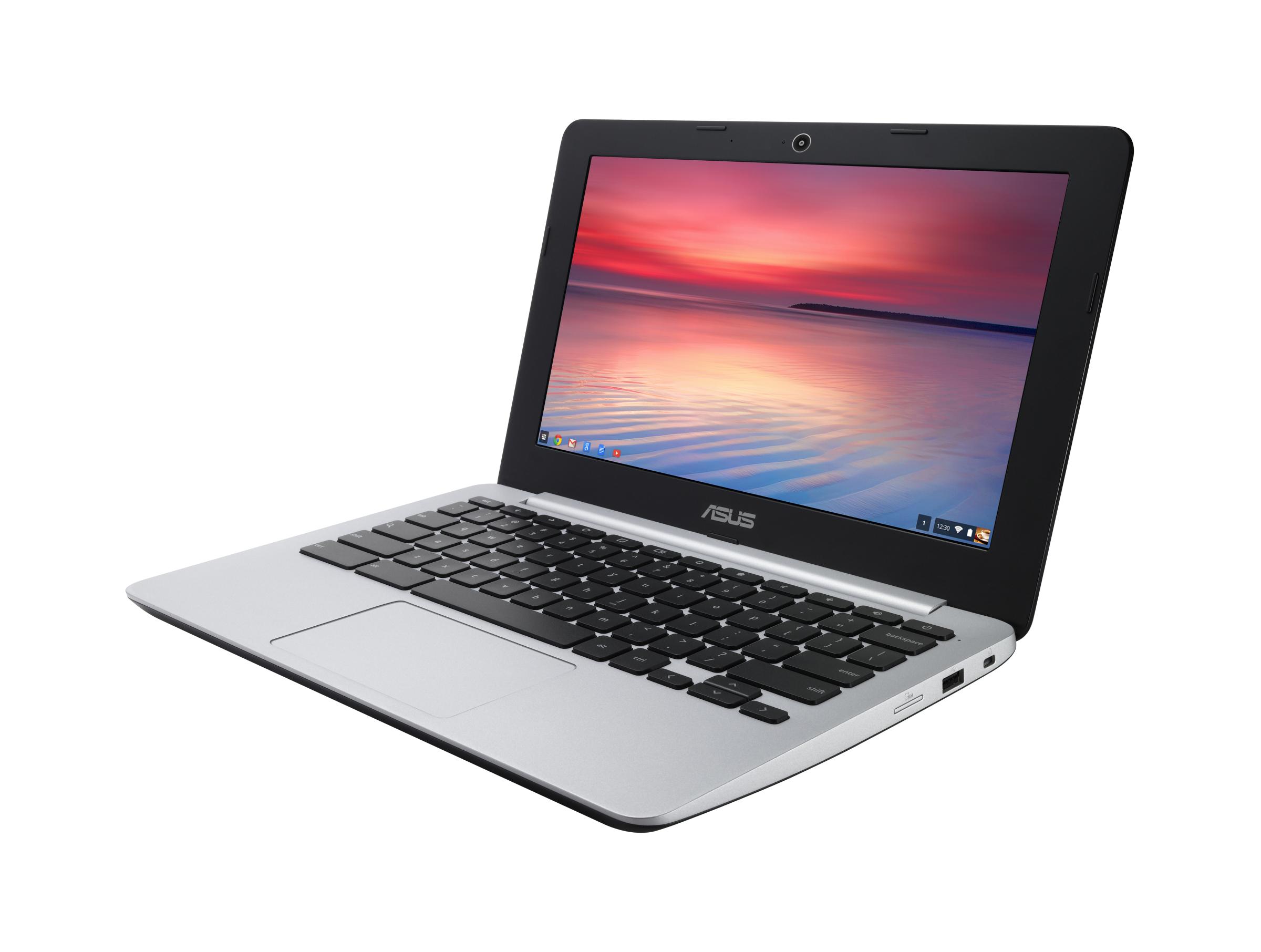
Asus C300 Chromebook
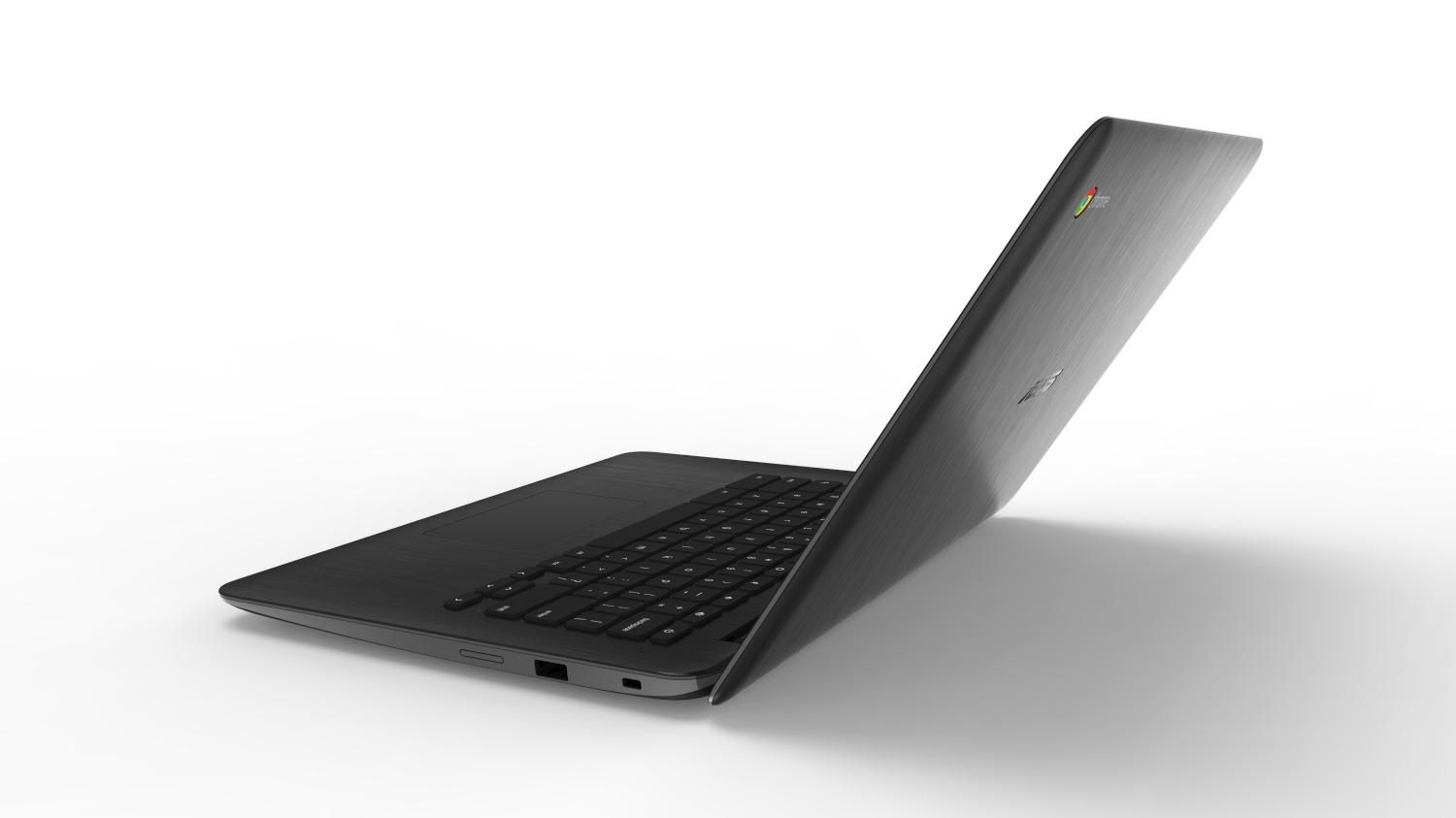
Lenovo N20 Chromebook

Lenovo N20p Chromebook
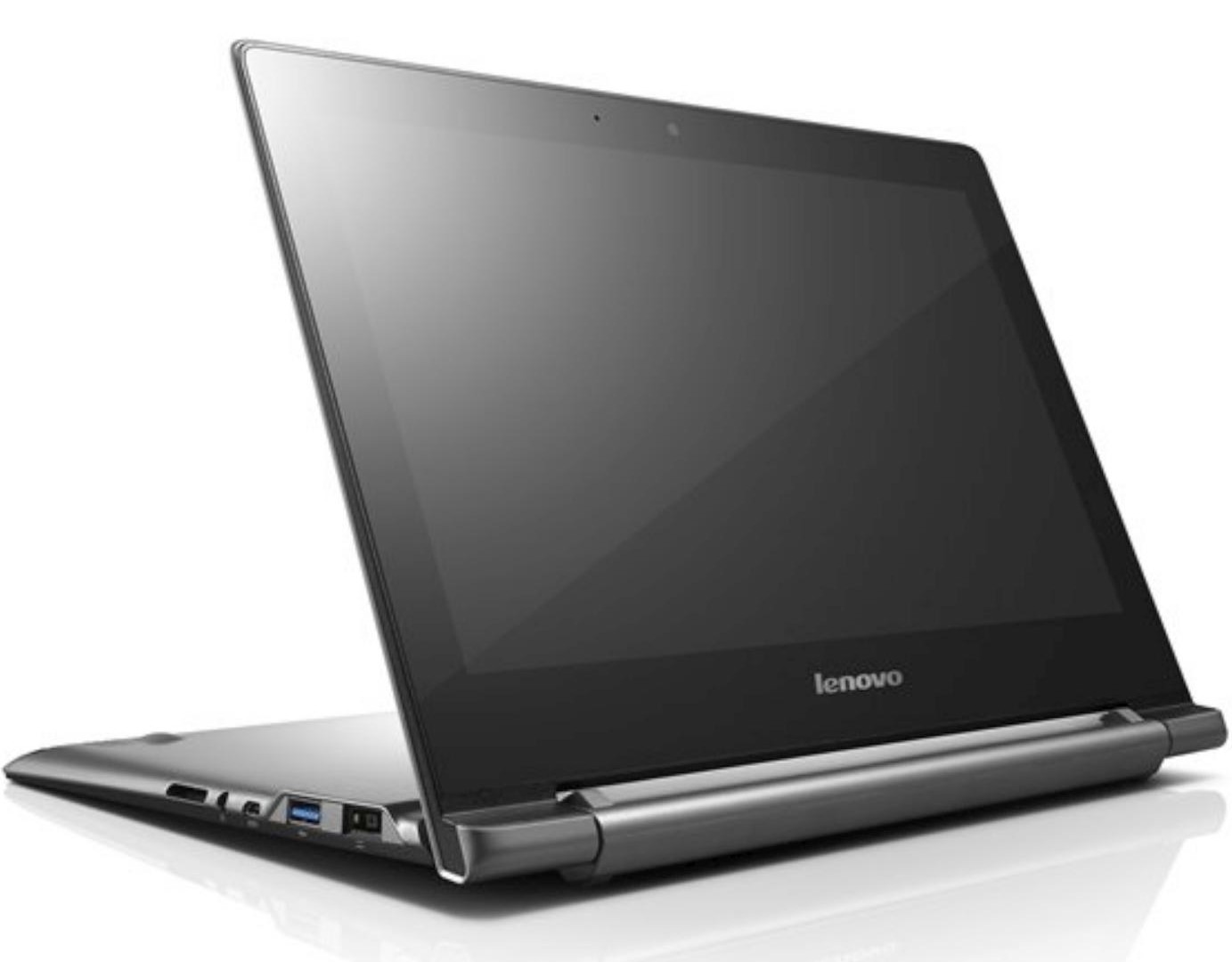
Lenovo ThinkPad 11e Chromebook
Lenovo ThinkPad 11e Yoga Chromebook
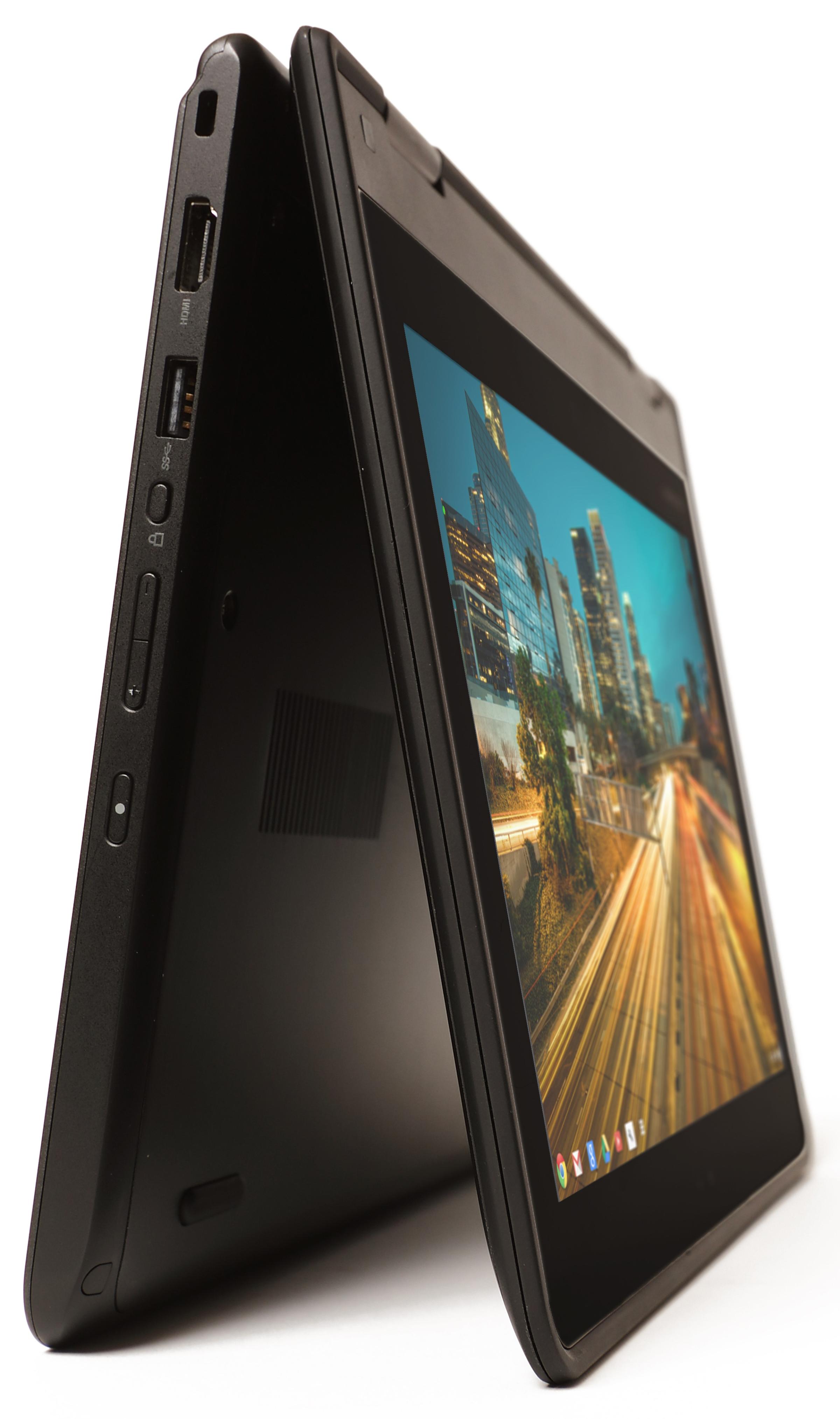
Toshiba Chromebook
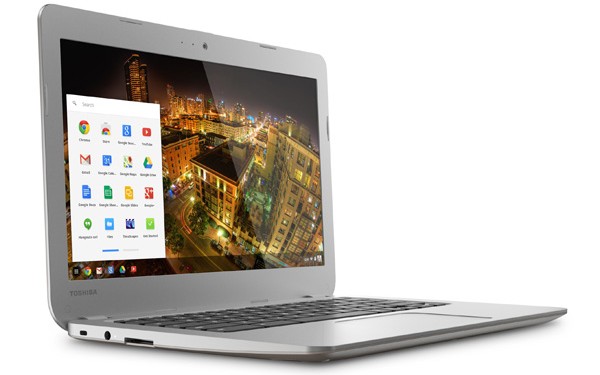
Haswell Celeron
LG Chromebase All-in-One
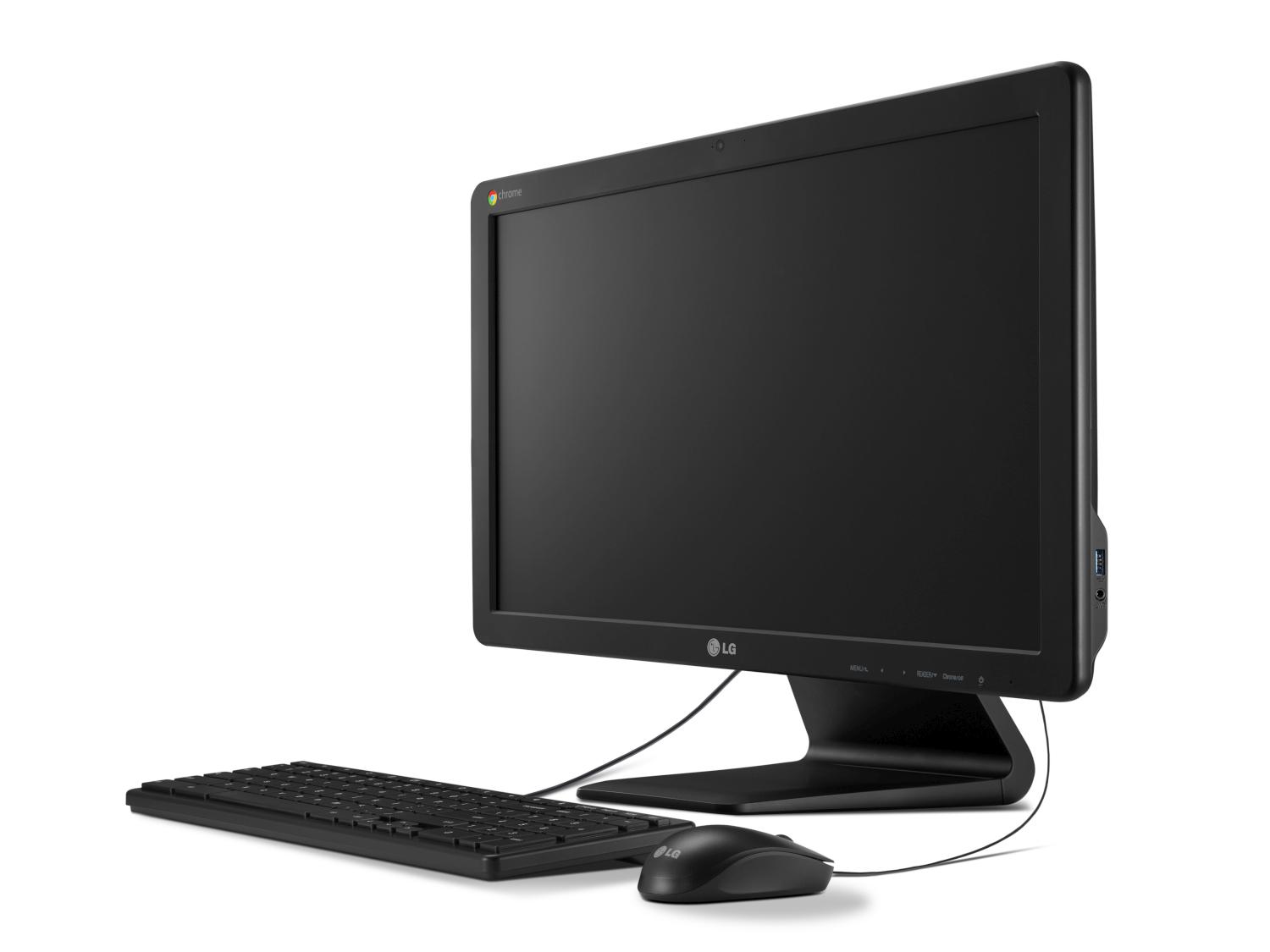
HP Chromebox
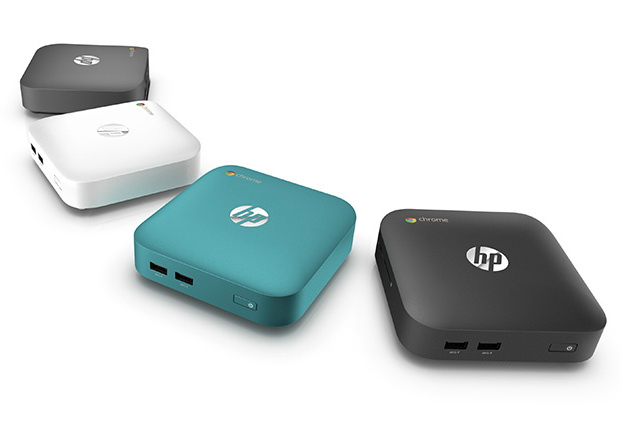
Core i3
Dell Chromebook 11
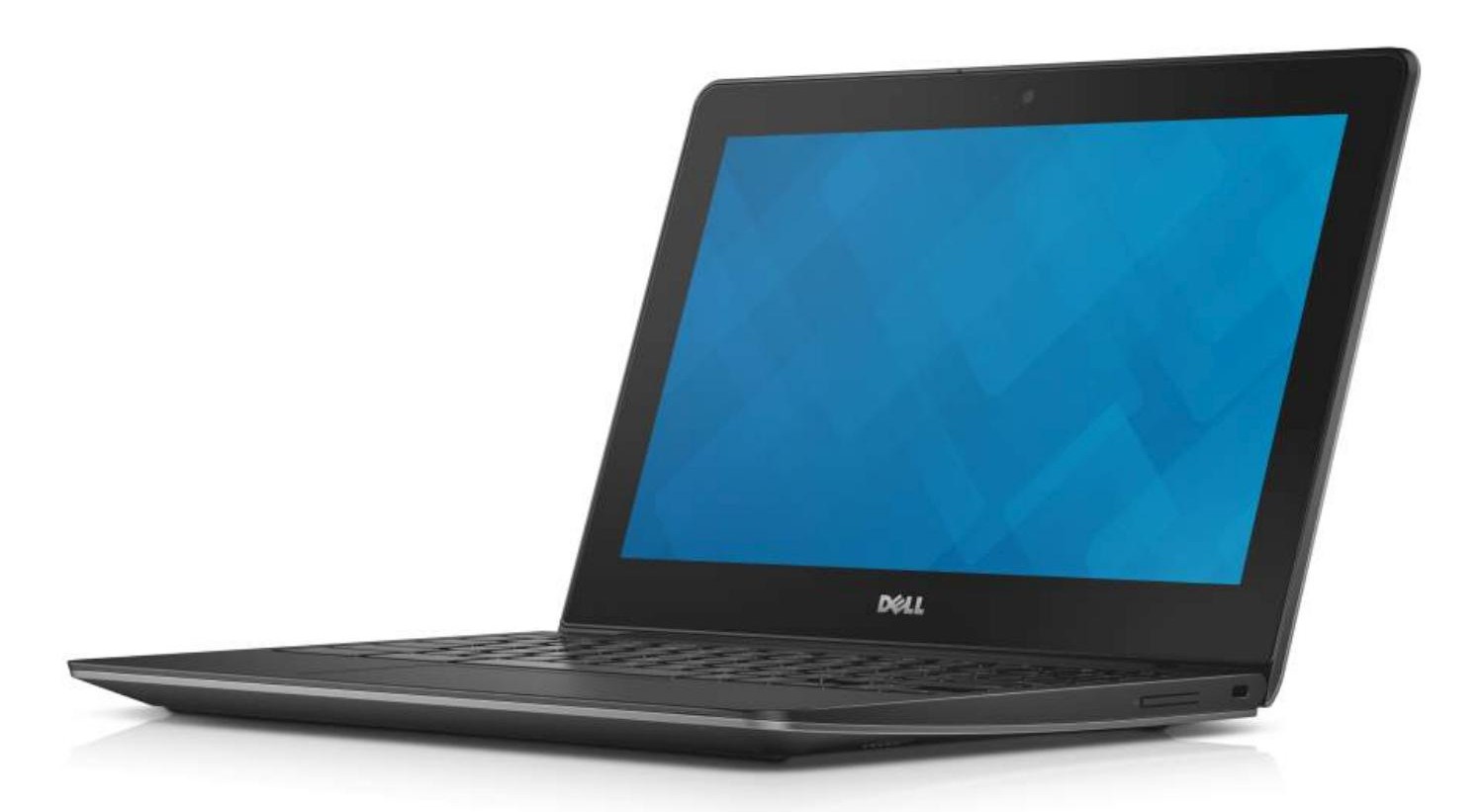
Acer C720 Chromebook
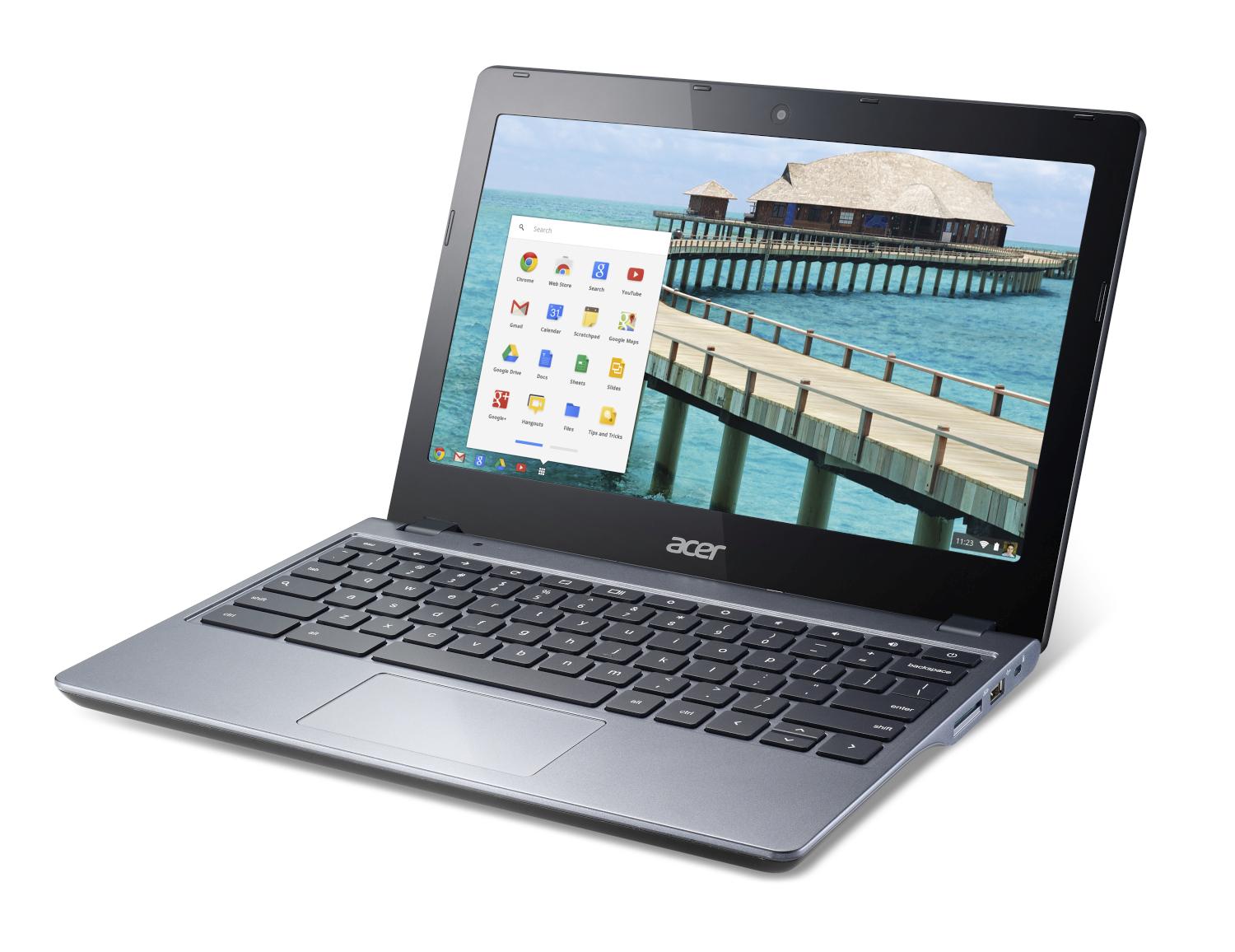
Press Release [Intel.com]
More Must-Reads from TIME
- Cybersecurity Experts Are Sounding the Alarm on DOGE
- Meet the 2025 Women of the Year
- The Harsh Truth About Disability Inclusion
- Why Do More Young Adults Have Cancer?
- Colman Domingo Leads With Radical Love
- How to Get Better at Doing Things Alone
- Michelle Zauner Stares Down the Darkness
Contact us at letters@time.com